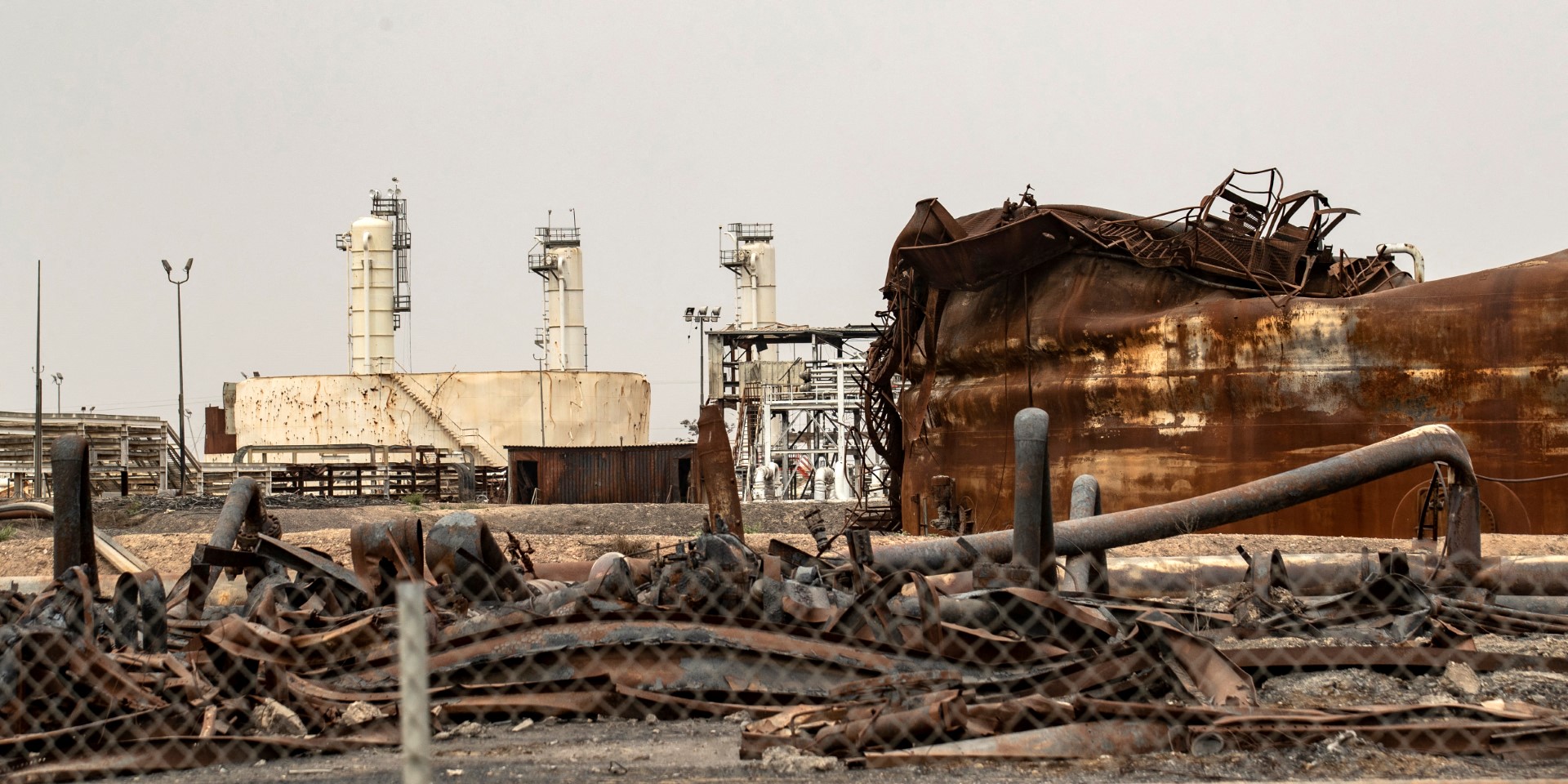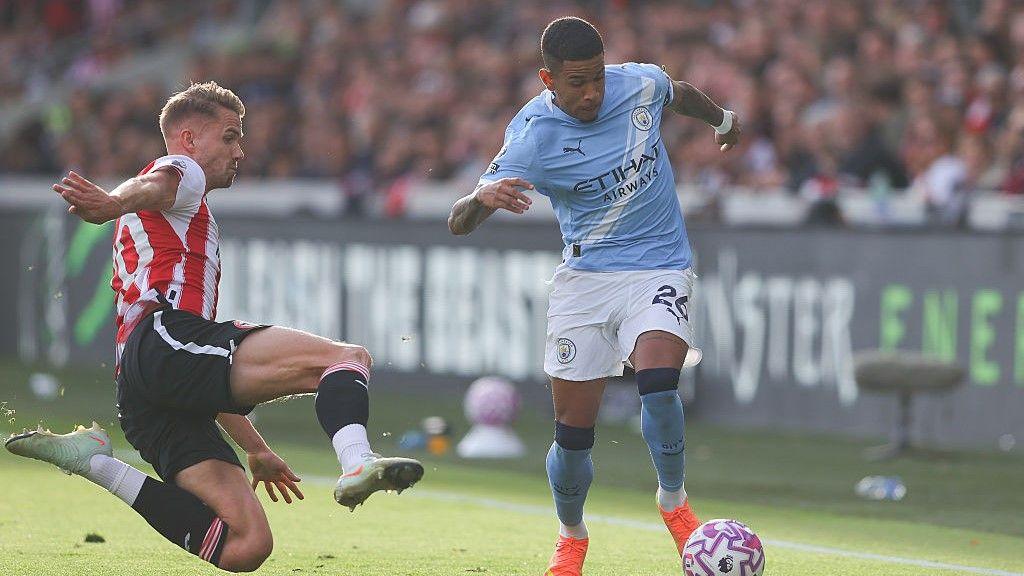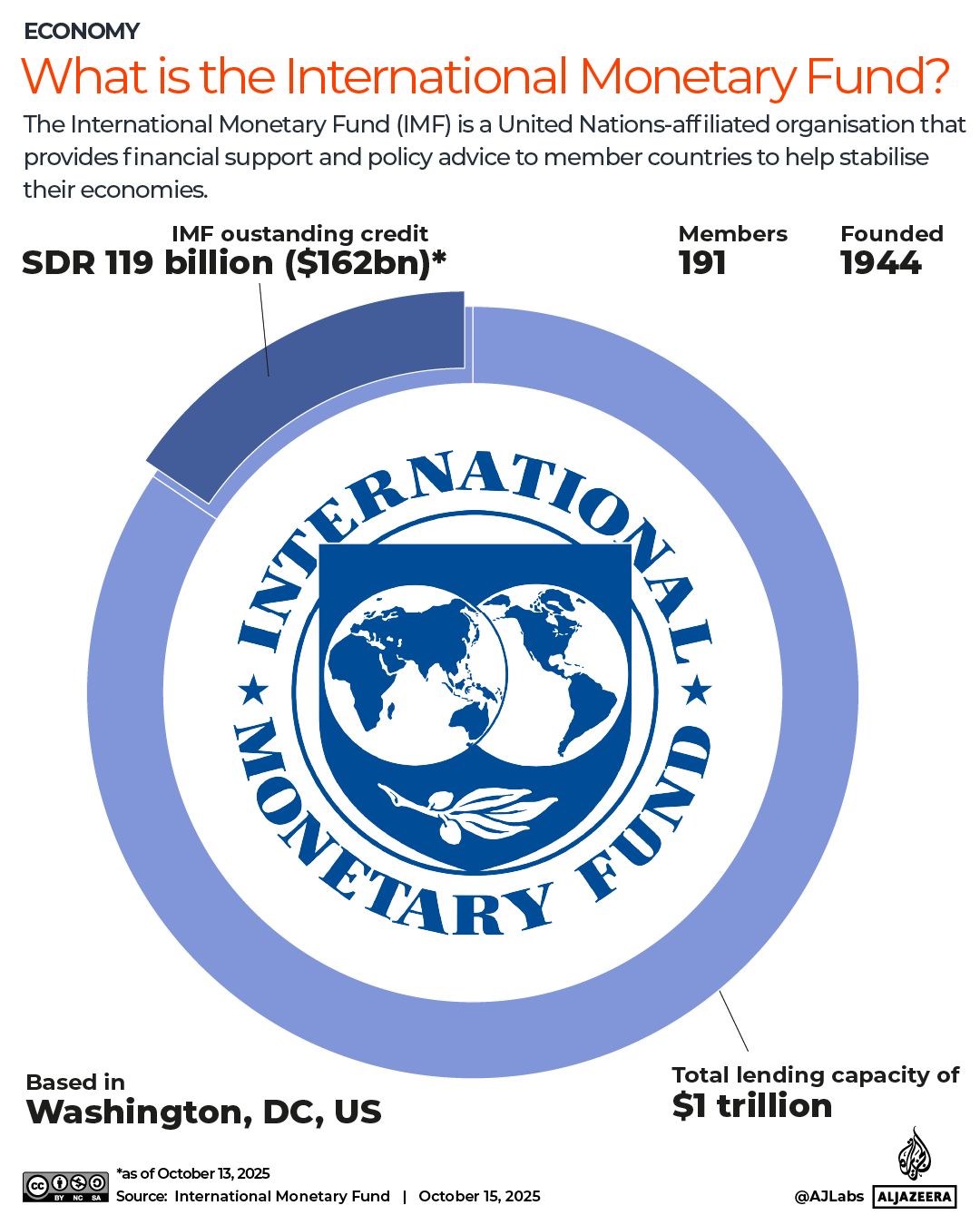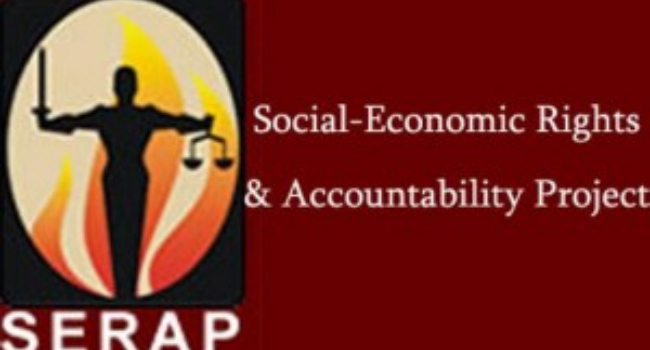At least four people have been killed and nine injured following an explosion targeting a government-owned bus in eastern Syria, according to the state news agency SANA.
The explosive device detonated while the bus, belonging to the Syrian Ministry of Energy, was travelling on a highway connecting Deir Az Zor and al-Mayadin, SANA reported in a post on X on Thursday.
Recommended Stories
list of 3 itemsend of list
All four deaths were security personnel at an oil facility in Deir Az Zor, the country’s oil heartland and seventh largest city, which was the site of fierce battles against ISIL (ISIS) during the country’s ruinous civil war.
Oil facility workers as well as civilians were among those who were injured in the attack, SANA added, without providing further details.
A video verified by Al Jazeera from the site of the explosion showed several security personnel inspecting a bomb-damaged bus on the side of a road.
According to the Reuters news agency, the security personnel were part of an army contingent securing the Teim oilfield. They were reportedly returning home after their shift at the oil facility when the explosion took place.
The incident is said to be the deadliest explosion in the eastern province, which also produces most of Syria’s wheat, since the fall of longtime ruler Bashar al-Assad last December.
No group has claimed responsibility for the attack.
In May, a blast killed at least three people targeting a police station in al-Mayadin, a day after Syrian authorities said security forces killed three ISIL fighters and arrested four others in Aleppo.
In June, authorities had also accused ISIL of being behind a deadly suicide attack in a Damascus church that killed 25 people, though the group never claimed responsibility.
During Syria’s civil war, which erupted in 2011, ISIL carried out similar attacks on buses targeting the forces of al-Assad.
However, since the interim government of President Ahmed al-Sharaa took power after a lightning rebel offensive, attacks on government-controlled areas have been rare.
The site of the latest deadly attack also lies near an area controlled by the Kurdish US-backed Syrian Democratic Forces (SDF) east of the Euphrates, where skirmishes and tensions between government forces and the SDF have risen in recent weeks.
The region lies along the border with Iraq and is divided by the Euphrates River between areas controlled by the state and the US-backed and Kurdish-led SDF, which controls Syria’s oilfields east of the river.
In August, Syria’s Ministry of Defence had accused the SDF of carrying out a rocket attack on a military position in northern Syria, injuring four army personnel and three civilians.
Internal, external concerns for al-Sharaa
The Syrian leader has been on a painstaking mission to try and unify the war-ravaged nation, making major inroads in ending Syria’s international isolation, crowned with a visit to the United Nations General Assembly last month, the first by a Syrian in six decades, where he called for an end to all sanctions on his nation.
Damascus has also been attracting substantial economic investment from Gulf Arab nations, a critical economic lifeline.
Deadly sectarian fighting in the southern province of Suwayda in July rocked the fledgling government, prompting it to deploy forces there to quell unrest between Bedouin tribes and Druze militias.
There are also external interventionist security issues to contend with, as Israel attacked Syrian positions during that fighting under the pretext of protecting the Druze. But Israel has carried out multiple bombings and incursions into Syria both before and after that, despite ongoing security talks between the two nations.
Israel’s Prime Minister Benjamin Netanyahu’s vision of a “Greater Israel”, condemned by Arab and Muslima countries, involves hegemonic designs on Syrian territory, among others.
On Friday, SANA reported Israeli forces conducted incursions and raids in Eastern al-Samadaniyah and Ofaniya, in the Quneitra countryside.
According to SANA, the Israeli operation consisted of eight military vehicles, a heavy bulldozer, and two tanks advancing from near Tal Krum Jaba towards Eastern al-Samadaniyah, before withdrawing hours later towards the destroyed city of Quneitra in southwestern Syria, in the occupied Golan Heights.











